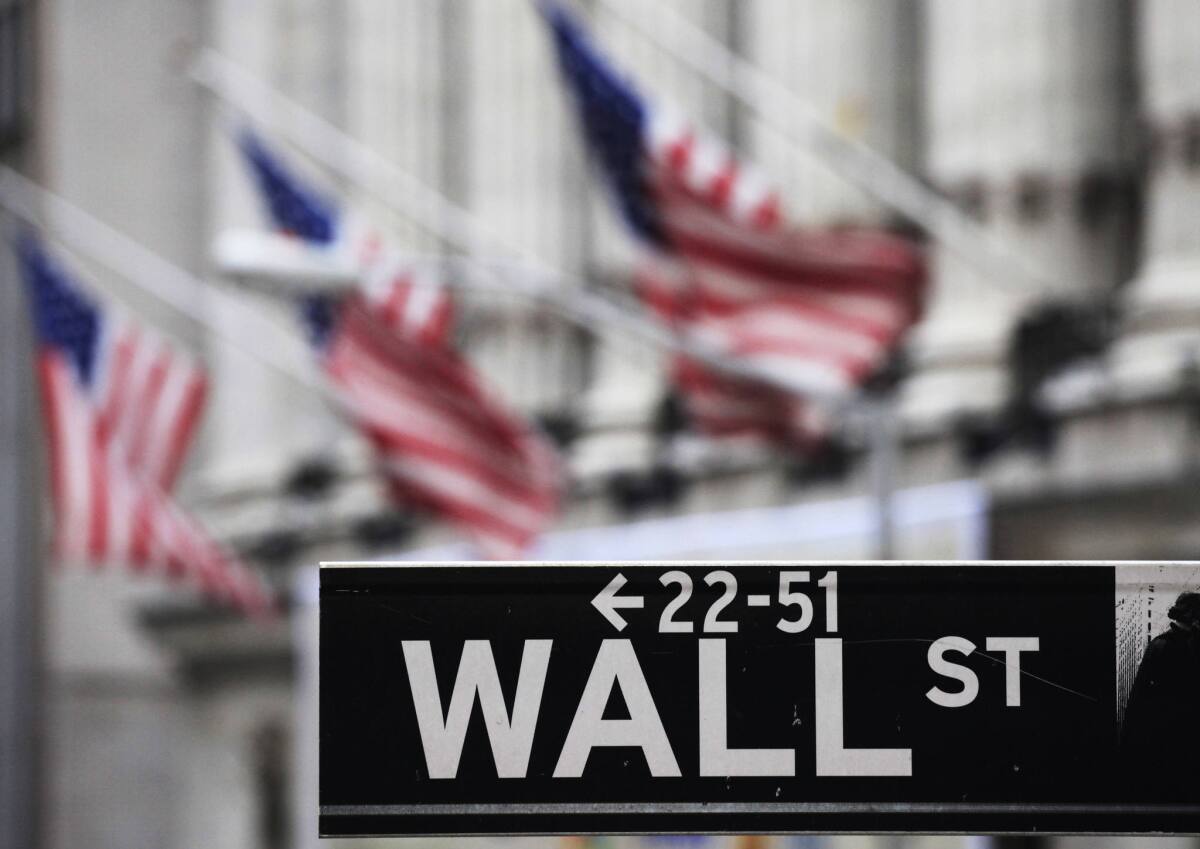Global financial risks increasing, IMF says

The International Monetary Fund says central banks’ reliance on low-interest rate policies, while necessary to prop up a flagging global economy, are also likely encouraging increased investment in risky assets and increased leverage throughout the global financial system.
In its semiannual Global Financial Stability Report, released as a companion to its World Economic Outlook, the IMF said the modest growth forecast for the global economy through the year and through 2015 (with the United States standing the best chance for out-performance) will necessitate the continuation of what has become an increasingly risky status quo.
Low interest-rate policies have been a critical pillar of support for the world economy, the report says, but at the same time have increased risks in the financial system as global investors seek riskier assets in a search for yield. As a result, the trade-off between the economic benefits of low rates and the increased risks they cause is becoming an ever-more delicate balancing act.
“Although the economic benefits are becoming more evident in some economies, market and liquidity risks have increased to levels that could compromise financial stability if left unaddressed,” the report said.
The IMF said the rise in asset prices has increased steadily, across asset types and across borders, in a “way that is unprecedented,” suggesting that prices have become detached from fundamentals.
The report said the growth of the so-called “shadow banking system” — money market funds and other investment vehicles — continues to outpace that of the traditional banking system, a result of more stringent bank regulations passed in the wake of the financial crisis combined with ample savings and demand from institutions seeking higher yields.
The report urged governments to increase monitoring of capital flows and provide regulators with the statutory power to act in the event of financial panics.
Twitter: @deanstarkman
More to Read
Inside the business of entertainment
The Wide Shot brings you news, analysis and insights on everything from streaming wars to production — and what it all means for the future.
You may occasionally receive promotional content from the Los Angeles Times.











